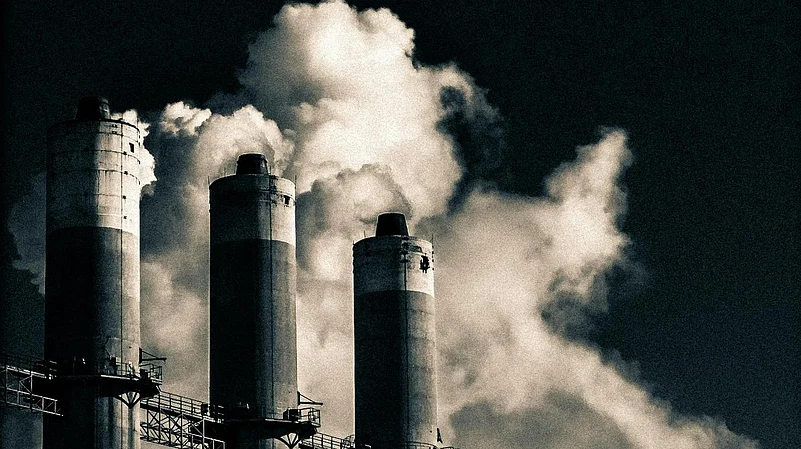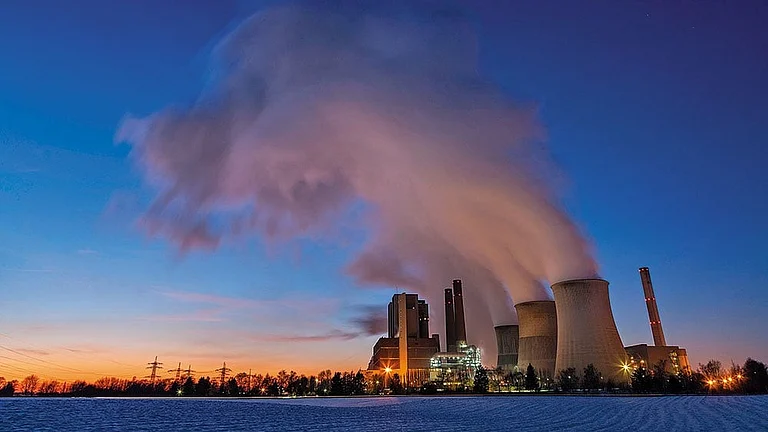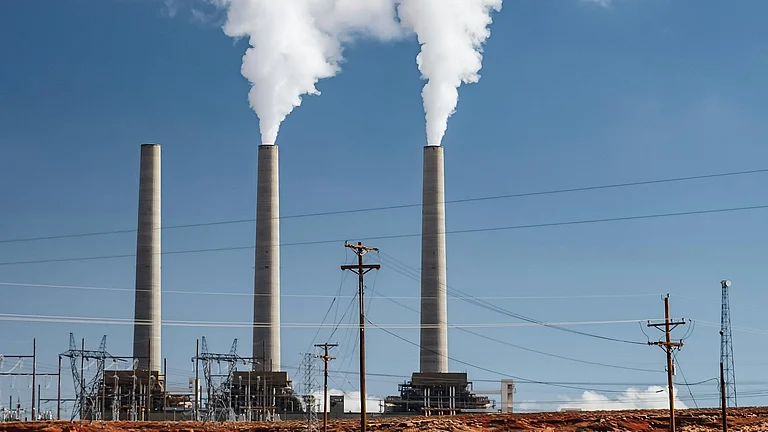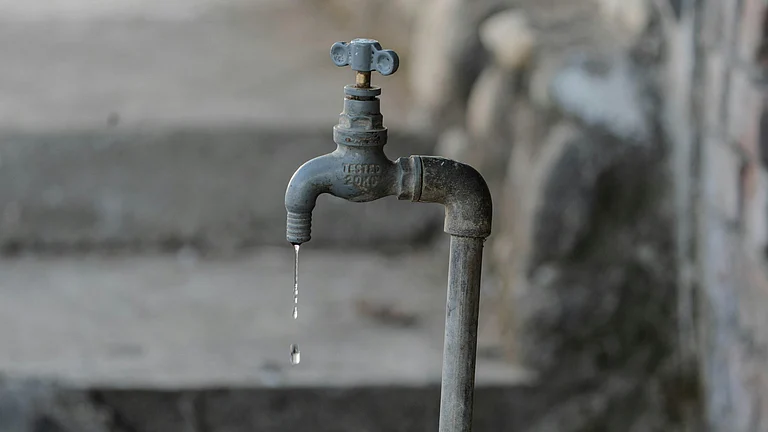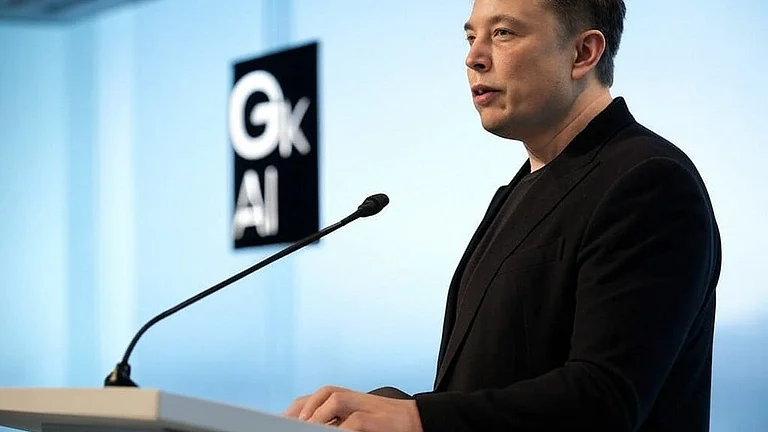André Corrêa do Lago, the veteran Brazilian diplomat who will direct this year’s UN summit, Cop30 shared that the world is undergoing a new form of climate denial—not the dismissal of climate science altogether, but a refusal to accept that the economy can be reorganised to fight the crisis, reported The Guardian.
Corrêa do Lago believes that the argument has shifted from undermining or misrepresenting science to actively countering climate policy.
“It is not possible to have [scientific] denialism at this stage, after everything that has happened in recent years. So there is a migration from scientific denial to a denial that economic measures against climate change can be good for the economy and for people,” Corrêa do Lago told The Guardian.
Economic Resistance to Action
However, as Corrêa do Lago told The Guardian, his biggest task this year will be to counter attempts by vested interests to block climate policies aimed at shifting the global economy to a low-carbon footing.
“There is a new kind of opposition to climate action. We are facing a discredit of climate policies. I don’t think we are facing climate denial,” he said referring to the increasingly desperate attempts to pretend there is no consensus on climate science that have plagued climate action for the past 30 years. “It’s not a scientific denial, it’s an economic denial,” he added.
That’s not all — geopolitical advancements are also acting as hurdles linked to economic denial. Soon after taking office, Trump withdrew from the Paris agreement — a move that influenced countries with similar standpoints. Saudi Arabia, Russia, Argentina, Venezuela and other countries, including petrostates and populist-leaning governments, are seen as potential obstructionists, The Guardian reported.
Major economies might not openly block climate action but if they don’t work on their commitments, they could lead to damaging outcomes .
One such basic unfulfilled criterion is the nationally determined contribution (NDC), a complex document setting out targets on greenhouse gas emissions to 2035 that each country is supposed to prepare. However, so far only a few countries, excluding the EU, China, Japan or India, have submitted their NDCs, even though the deadline passed in February.






